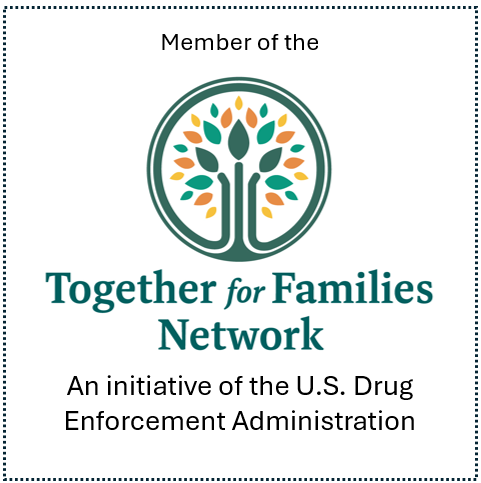Why Are Teens Self-Diagnosing?
Ask the Experts | Nicole Runyon
There is a concerning trend among today’s teenagers where they are increasingly self-diagnosing mental health conditions. This phenomenon stems from a desperate need to belong and a growing sense of isolation from the real world as they retreat further into their virtual lives. Although teens may feel a sense of connectedness online, they often experience deep loneliness. This is especially true for teen girls, who tend to overly attach themselves to online influencers in an effort to be part of a group.
Within these online communities, some teens discuss serious mental health disorders such as dissociative identity disorder, psychosis, and schizophrenia. As a result, many teen girls are self-diagnosing these conditions based on symptoms they observe in others online. It’s important to note that while some of these teens may exhibit a few symptoms, most do not meet the criteria for a formal diagnosis. Nevertheless, they identify with these issues and diagnose themselves in a quest to fit in.
It seems as though today’s teenagers are adrift without an anchor, lacking a sense of connectedness. This connectedness is a fundamental human need, as outlined in Maslow’s hierarchy of needs. At the base of the pyramid are basic needs like food, shelter, and water. Just above that are safety needs, followed by love and belonging. The layers of self-esteem and self-actualization come later with life experience and self-trust. Unfortunately, many teens today do not have their basic needs met. They lack a sense of love and belonging, which is crucial for their overall well-being.
Due to the difficulty in establishing in-person connections, teens often turn to the online world to seek connection. Online relationships provide a level of protection from the messiness of in-person relationships, where vulnerability and the risk of getting hurt are present. By going online, teenagers find groups of people with whom they can identify, thereby satisfying their need for connection. Mental health discussions have become one avenue where teens discover these groups.
How can we support them?
One way is to normalize their feelings. It is perfectly normal for teenagers to feel uncertain about their identity and lack self-trust during certain stages of development. From ages 12 to 18, teens undergo a process of identity development. Similar to a toddler learning to walk, this stage is characterized by stumbling, falling, and a sense of uncertainty. If teens are allowed to experience these feelings without feeling pressured to define and diagnose them, they will likely navigate this phase successfully and emerge stronger, more confident, and comfortable in their own skin. This newfound self-trust will prepare them to face future challenges with confidence and resilience.
Nicole Runyon, LMSW is a licensed clinical social worker in Grosse Pointe with over 20 years of experience working with children, adolescents, adults, couples and families. For more information, please visit: www.nicolerunyon.com. Her company, Professional Psychotherapy LLC is a member of The Family Center’s Association of Professionals.






